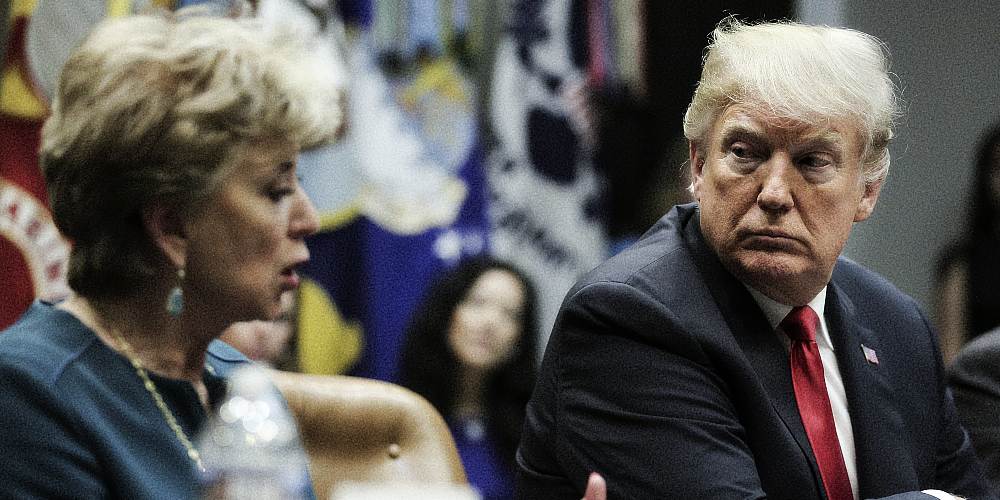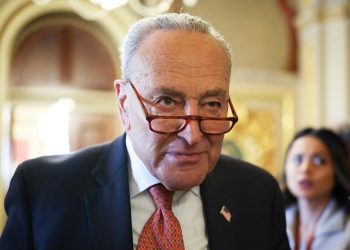President Donald Trump has issued an executive order targeting diversity, equity, and inclusion (DEI) programs within the U.S. higher education system. A similar order, enacted in the first days of his administration, mandates the closure of all DEI offices within federal agencies by the end of the week, placing those employees on paid leave.
Trump’s directive labels DEI teachings as “dangerous, demeaning, and immoral,” arguing that such initiatives promote race and sex-based preferences under the guise of promoting diversity, equity, and inclusion. The order cites the Supreme Court’s decision in Students for Fair Admissions, Inc. v. President and Fellows of Harvard College, which ruled against race-based admissions practices, as a legal justification for this overhaul.
The executive action requires the Attorney General and the Secretary of Education to provide guidance within 120 days to educational institutions that receive federal funding. This guidance aims to ensure compliance with the aforementioned Supreme Court ruling, effectively signaling a potential end to many DEI initiatives in academia.
Opponents of the order argue that it undermines efforts to address systemic inequalities in education. They contend that DEI programs are essential for fostering an inclusive environment and providing opportunities for underrepresented groups. Conversely, supporters of Trump’s policy believe it will restore a merit-based system, focusing on individual achievement rather than identity-based considerations.
The order has already elicited strong reactions.
Rep. Tim Walberg (R-Mich.), chair of the House Education and the Workforce Committee, praised the move, stating it counters what he describes as “leftist indoctrination” in education, emphasizing the need for policies based on merit rather than “woke” ideologies.
-
Learn the TRUTH about Gold IRAs and how most precious metals companies play dirty.
Jonathan Turley, a legal scholar and Fox News contributor, has predicted that this order will lead to a wave of legal challenges, potentially reshaping university policies regarding diversity and inclusion.
Eboo Patel from Interfaith America suggested that universities might start to “pre-comply” with these new directives, anticipating further regulatory actions.
This executive order is part of a broader conservative pushback against DEI programs, which has already seen several states enacting laws to limit or ban such initiatives at public institutions. The implications of this policy are expected to be far-reaching, affecting millions of students, faculty, and administrative staff across the nation’s educational landscape.
As this policy unfolds, it will likely influence not only the administrative structure of educational institutions but also the broader discourse on inclusivity, equity, and the role of government in promoting these values in higher education.
Article generated from legacy media reports.









